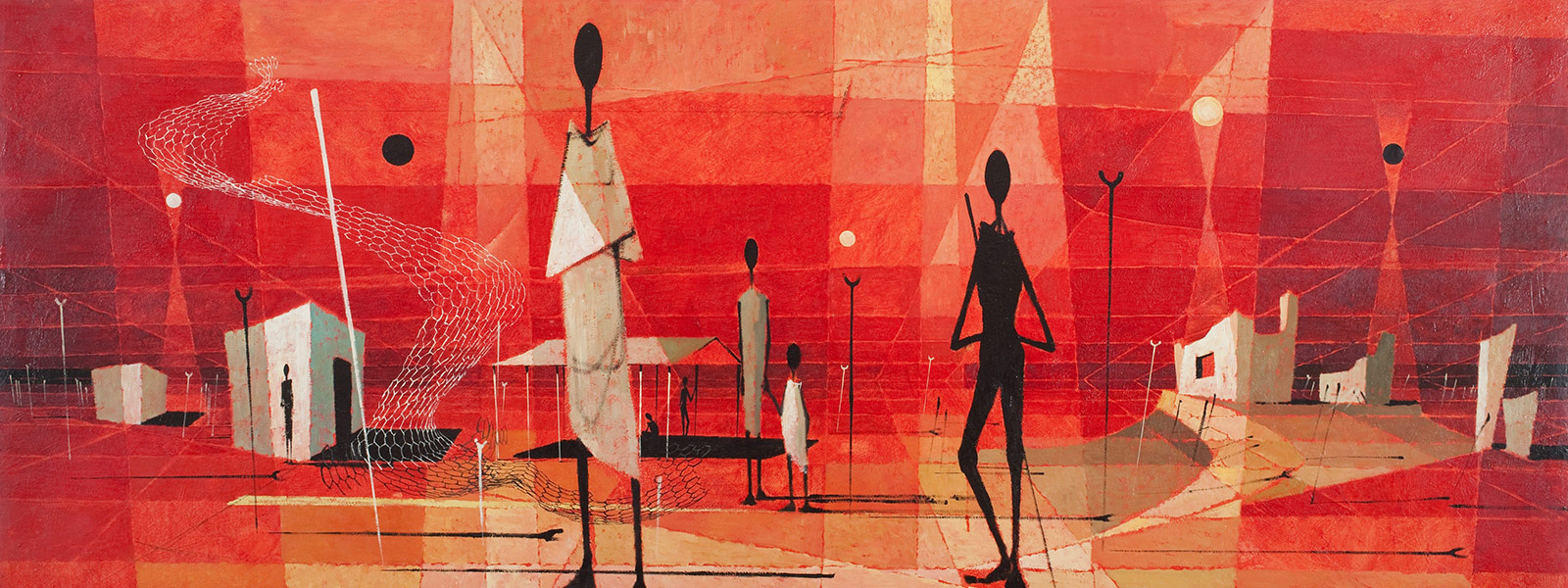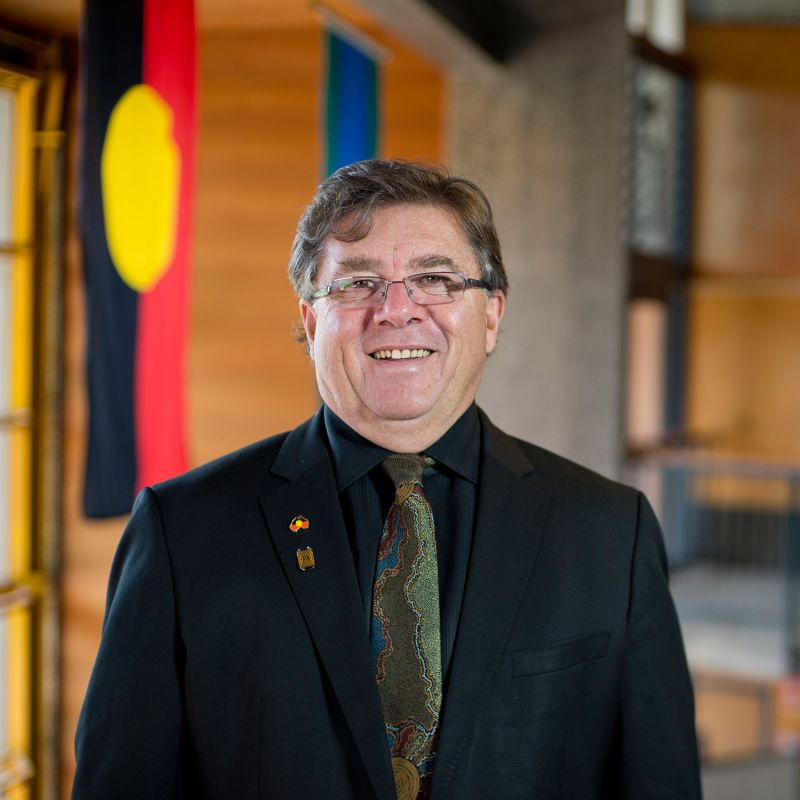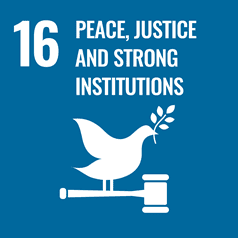
Shining a light on a dark past
A cross-institutional research collaboration is recovering the lost and erased stories of Indigenous people controlled by the NSW Aboriginal Protection/Welfare Board for nearly a century.
From 1883 to1969, the Aborigines Protection/ Welfare Board administered Aboriginal lives and affairs in NSW.
The impact of the board’s systematic control over Aboriginal communities through policies of segregation, assimilation, child removal and wage withholding would endure for decades, and the negative results of those government directives are still visible today.
As the Encyclopedia of Aboriginal Australia entry on the board concludes, the board’s legacy has been the deep bitterness of NSW Aboriginal people over their treatment by those entrusted with their welfare. For many Aboriginal people, the board was not a board of protection, but persecution.
The research challenge
Despite the board’s role in controlling the lives of Aboriginal people for nearly a century, no comprehensive investigation of its activities and subsequent impacts on the lives and families of Aboriginal people in NSW had been undertaken.
Understanding history is crucial in the construction of identity and making sense of the present. Yet for the most part, “Australian history has repressed the historical truths of Indigenous Australians and consequently invalidated their experiences and memories.” [Iva Mencevska, Truth telling in Australia’s historical narrative, 2020].
The importance of truth-telling in healing intergenerational trauma and forging a reconciled future was highlighted in the Uluru Statement from the Heart, which called for reform built on the principles of a First Nations’ Voice enshrined in the Constitution, agreement-making and truth-telling about history.
Lived experience drives Indigenous research
In a cross-institutional collaboration, researchers from the University of Newcastle, the University of Sydney, the Australian National University and the University of New England received more than $600,000 from the Australian Research Council to explore the impacts of living under board control on Indigenous people and communities.
Led by University of Newcastle researchers Emeritus Professor John Maynard and Professor Victoria Haskins, the project engaged Aboriginal histories at a grassroots level, with work led by four Indigenous chief investigators across six locations in NSW.
Over a period of two years, researchers conducted history workshops with Indigenous communities in Sydney, Newcastle, Central Western NSW, North Western NSW, South Coast NSW and North Coast NSW.
The research drew upon personal, family and community recollections and records, acknowledging Aboriginal people’s central questions and concerns and respecting them as the major stakeholders in this history. As Professor Maynard explains:
“There's been a long desire from Aboriginal people to have written and recorded the ways in which this long history of government control affected their lives."
The NSW Aborigines Protection/Welfare Board project has provided a genuine opportunity for healing through a better understanding of a history that is deeply painful and traumatising for many Indigenous people. The project has offered Indigenous people the opportunity to rediscover, reclaim and reconnect to their history.
The research has also filled in gaps in official archival records, providing a more accurate picture of Australia’s history and recognising the enormous resilience demonstrated by Indigenous people throughout history.
Research impact
Findings from the research project have been incorporated into the Australian National University’s Indigenous Studies major. Surveys of enrolled students indicate the content has had a significant impact on how they view and think about Aboriginal history.
The Kinchela Boys Home Aboriginal Corporation also included findings into its Stolen Generation Mobile Education Centre to help advance understanding about the impacts of intergenerational trauma and support healing. The organisation was established by survivors of a boys training home run by the NSW Government for over 50 years to house Aboriginal boys forcibly removed from their families.
With more than $120,000 in funding from the Australian Government’s Indigenous Language and Arts program and support from 2 River Pty Ltd, one of the research project’s chief investigators (Dr Lorina Barker from the University of New England) toured her ‘Looking Through Windows’ multimedia project about the removal, dispossession and ‘protection’ of Aboriginal people to audiences in Armidale, Brewarrina and Redfern in 2017 and 2018.
Data collected for the project culminated in the creation of the ‘List of Aboriginal reserves in NSW’ Wikipedia page by the State Library of NSW’s Indigenous Services Team. The Australian Institute of Aboriginal and Torres Strait Islander Studies and the University of Newcastle are using the data to develop an interactive map that allows the reserves dataset to be publicly available and presented alongside other map layers released by government agencies.
NSW Aborigines Protection/Welfare Board: A silent history
Originally overseen by a ‘Protector’, the Aborigines Protection/Welfare Board was headed by the Chief Executive of the NSW Police Force from 1883 to 1938.
Through the 1920s and 30s, the board became increasingly draconian. Significant Aboriginal resistance led to an inquiry that resulted in the passage of the Welfare Board legislation in 1940.
Under a new Superintendent of Aboriginal Welfare, the board continued to exercise unparalleled control over Aboriginal lives until it was abolished in 1969.
State control was most extreme from the board’s first legislation in 1909 to its reincarnation as the Welfare Board in 1939. During this time, Aboriginal people were confined and restrained on Aboriginal reserves and subject to extremely discriminatory restrictions on their basic civil rights.
Last updated February 2025.
More information:
Emeritus Professor John Maynard
+61 408 416 886

Emeritus Professor John Maynard
There's been a long desire from Aboriginal people to have written and recorded the ways in which this long history of government control affected their lives.
Aligned with the United Nations Sustainable Development Goals
Read more research impact case studies
The University of Newcastle acknowledges the traditional custodians of the lands within our footprint areas: Awabakal, Darkinjung, Biripai, Worimi, Wonnarua, and Eora Nations. We also pay respect to the wisdom of our Elders past and present.


